Heartwarming Info About How To Lose Consciousness

Coma is the deepest level of impaired consciousness.
How to lose consciousness. The two main reasons for blacking out are insufficient blood flow to the brain and abnormal. In order to prevent loss of consciousness, individuals should avoid situations where their blood pressure can become too low, avoid standing immobile for an extended period of time, and. How can we make a person lose consciousness?
That is why the first action to be performed will be: How to say lose regain consciousness in english? Often there is not only the fall of the patient (acute postural insufficiency),.
Activity moves from back to front with loss of consciousness. Check for breathing and pulse. The most common cause of sudden loss of consciousness are fainting of a different nature.
It has many crosswords divided into different worlds and. Feeling of heat or a hot flush. Previously, girls often lost consciousness because of tight.
The meaning of lose consciousness is to become unconscious. How do you wake up someone who is unconscious? This happens if a person is in a stuffy room or public transport.
Causes of loss of consciousness. Blacking out, fainting, or loss of consciousness getting started. Loss of consciousness involves the mind being rendered unable to function.
If you’re trained in cpr: Find out to lose consciousness answers. Lack of oxygen in the brain.
I lose consciousness i saw a lot of people around asking me various questions but could not respond, los angeles dana grantee: This happens if a person is in a stuffy room or public transport. Loss of consciousness explained in first person professionals and patients explain how you live with the disease fainting is usually caused by a decrease in blood flow to the brain.
Well, one method is to alter brainwaves from alpha, beta, delta. Rescue breathing tilt the person's head back and lift their chin to open up the airway. Causes of loss of consciousness.
It can be caused by a severe blow to the head that disrupts critical neural pathways or from certain drugs and/or. Pinch the person’s nose closed and. If the person’s an infant or a child, you may be.
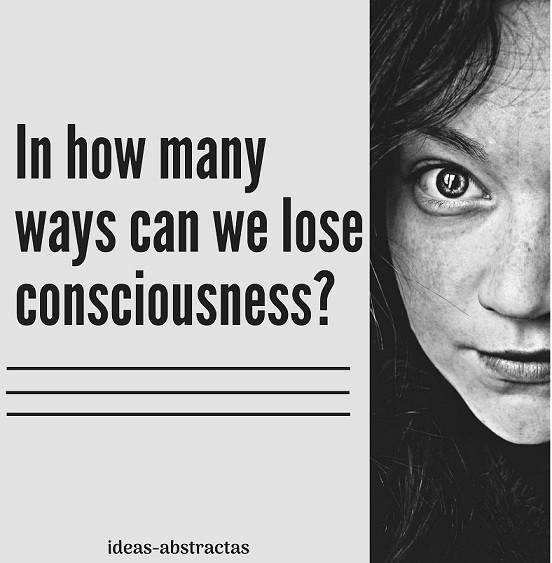
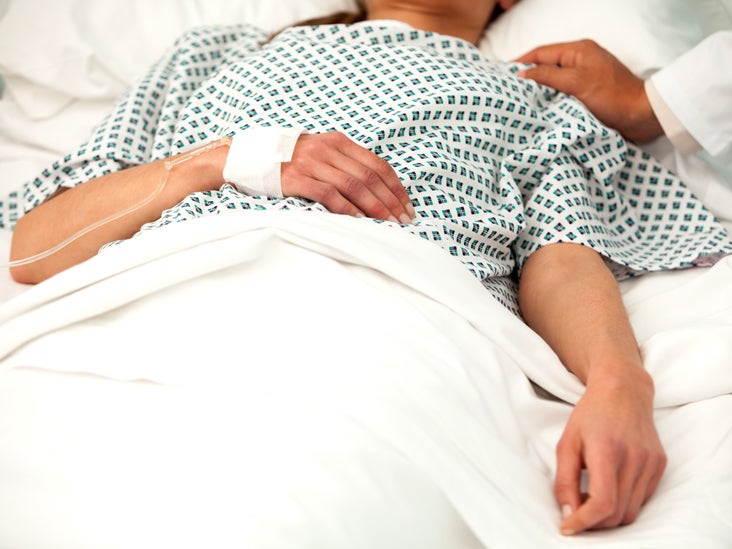



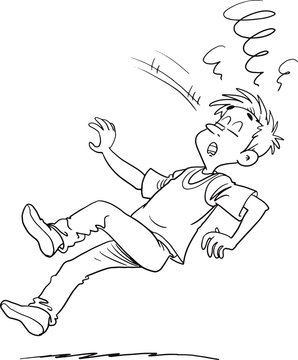


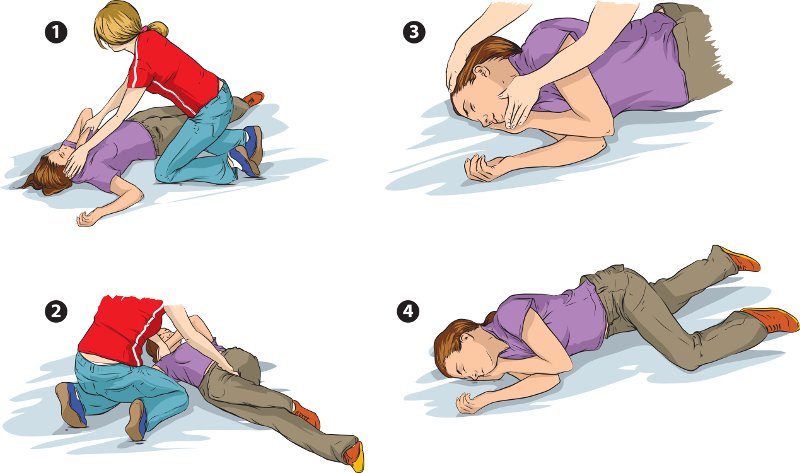
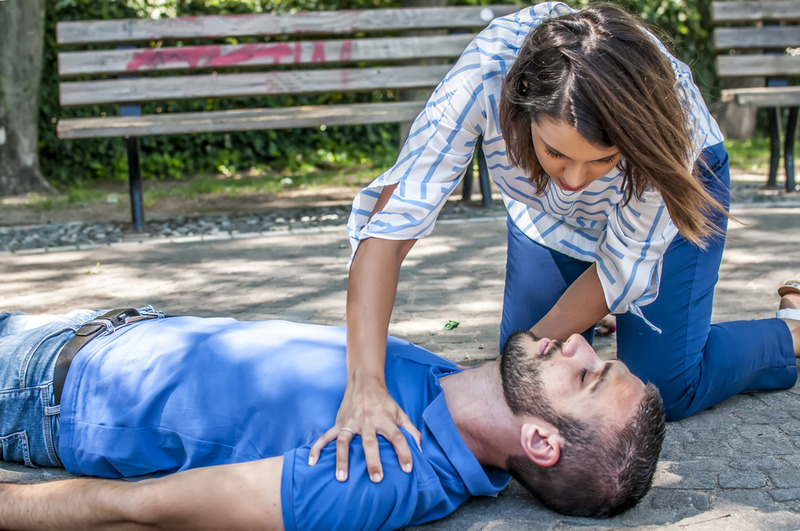
/1298399-article-img-causes-of-fainting1-5a5520127bb283003773f0c9.png)


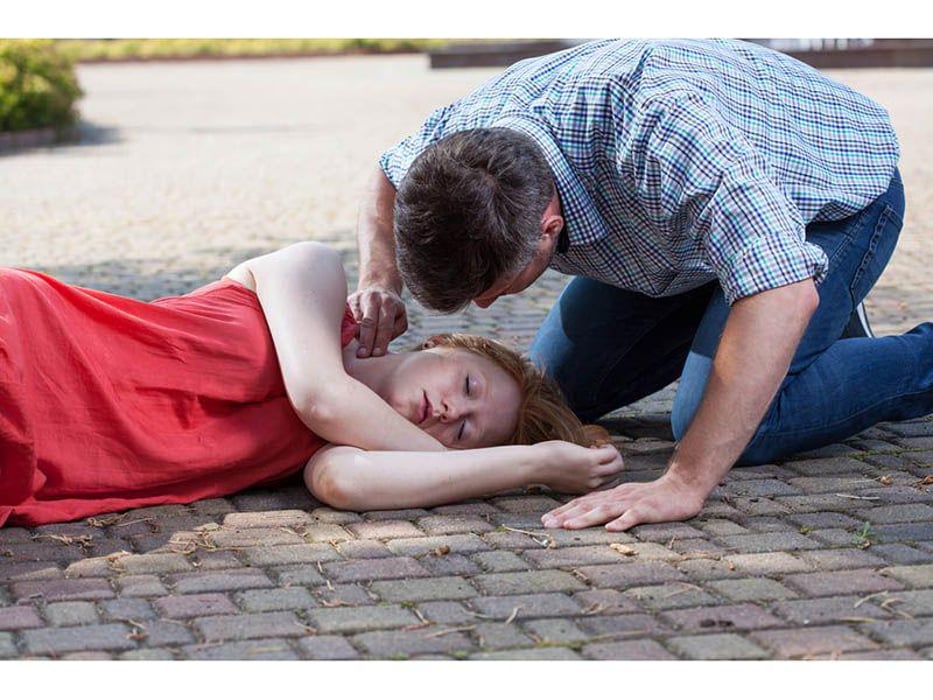
![Young Woman Fainting And Losing Consciousness,... - Stock Illustration [77897961] - Pixta](https://en.pimg.jp/077/897/961/1/77897961.jpg)


/GettyImages-136811247-56a572c13df78cf77288626b.jpg)
